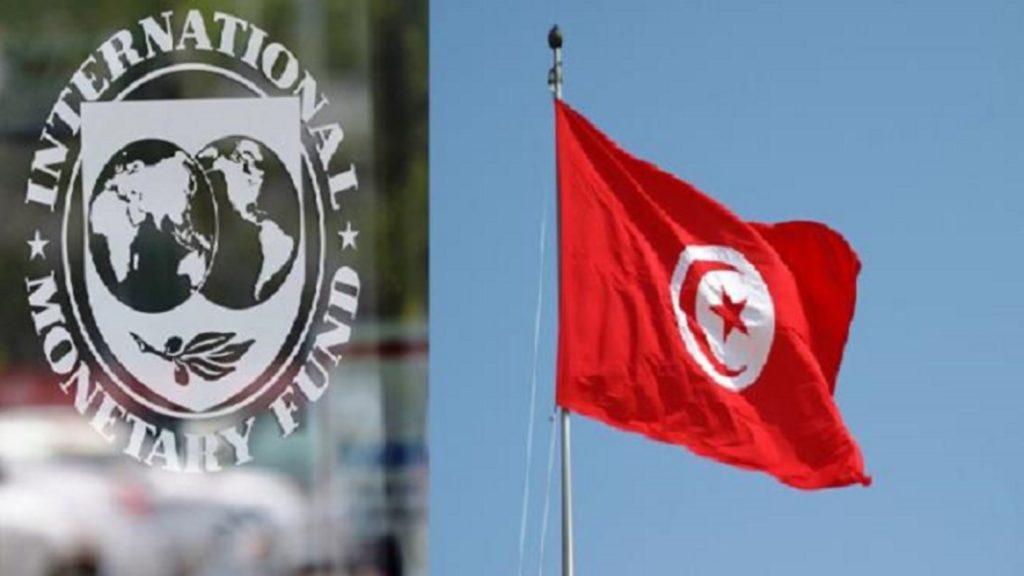
# Tunisia : After Moody’s, credit rating agency Fitch lowered Tunisia’s sovereign rating to a high level of risk, raising doubts about the country’s ability to meet its obligations. Hence the urgent need to find an agreement with the International Monetary Fund that could open the door to other donors.
In addition to the deterioration of the note, the credit rating agency Fitch affirms that “there is currently no prospect of improvement in the economic situation, despite the good performance of some sectors, such as gas and oil.”
>>> Read also: Debt: Moody’s downgrades Tunisia
Already last October, Moody’s argued that without significant funding, Tunisia risks defaulting on its debt. And maintained the negative outlook, which “reflects the risks associated with possible delays in the implementation of reforms, as well as the financing that depends on them, which would lead to the melting of foreign exchange reserves.”
The country’s foreign exchange reserves fell to 23 billion Tunisian dinars ($7.79 billion), covering only 128 days of imports. However, under the impact of the scale of debt service fees and the increase in the purchase bill for grain and petroleum products, whose prices have risen globally in recent weeks, reserves are likely to melt much more quickly than expected.
>>> Read also: Tunisia: details of the measures that the Boden government may consider taking to obtain a loan from the International Monetary Fund
As a result, with its sovereign ratings downgraded, Tunisia will find it difficult to obtain funding from donors. And even if you actually get it, it will be at very high rates because of the risk premium that investors will demand. However, if the situation appears to be under control in the first months of this year regarding the country’s ability to meet its obligations, the situation is likely to become complicated from the second half of this year in the context of a continued rise. In the prices of oil and imported agricultural and food products, which will accelerate the melting of the country’s foreign exchange reserves.
Faced with this situation, the only alternative to obtain financing is to sign an agreement with the International Monetary Fund (IMF). However, discussions between the two parties are still faltering over the reforms demanded by the financial institution. These, unpopular and painful to put into practice, have been delayed by all the governments that succeeded each other at the helm of the country in recent years.
>>> Read also: Driven by shortages, Tunisia broke Algeria’s wheat purchase price record
The current government has no choice. The International Monetary Fund, considering that previous governments did not fulfill their promises to initiate reforms, this time wishes to obtain guarantees before granting a new loan to the country in an estimated amount of 4 billion dollars.
Thus, to issue this loan, the Corporation requires, among other things, a freeze on appointments and salaries in the public service, early retirement, the phasing out of subsidies on energy products to achieve price reality by 2026, and the phasing out. From subsidies to basic necessities…
>>> Read also: Oil price hike: Fuel prices in Tunisia rose for the second time in a month
There are a lot of unpopular actions that risk creating social tensions, leading the Tunisian government to want to save time.
Only, this time, this time it does not work for the Tunisian government that has its back against the wall. He must necessarily sign an agreement with the IMF, at the risk of stirring up social tensions, or disdain for the institution and risk default. Tunisian private companies are also negatively affected during their import operations. For fear of default, some of their partners won’t hesitate to demand payments up front.





More Stories
F-16 crashes in Ukraine – pilot dies due to his own error
Namibia plans to kill more than 700 wild animals to feed starving population
Endurance test for EU-Turkey relations and Ankara with Greece and Cyprus